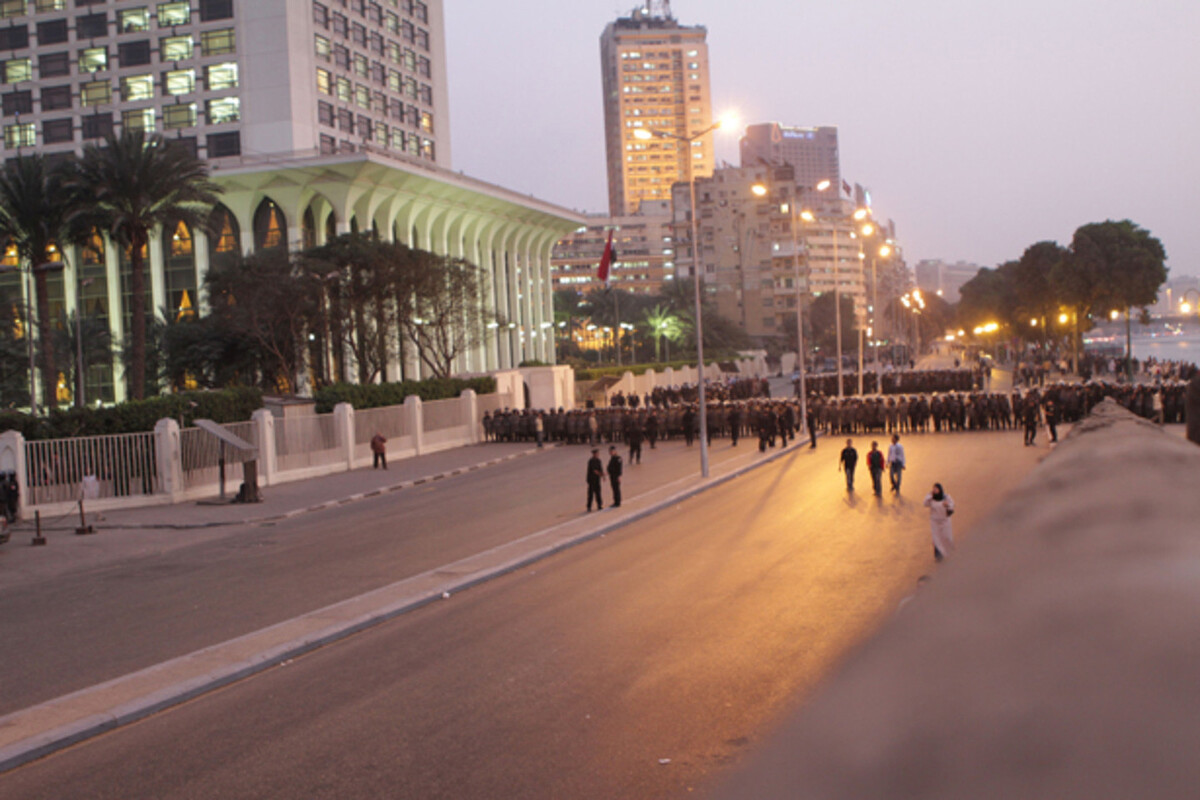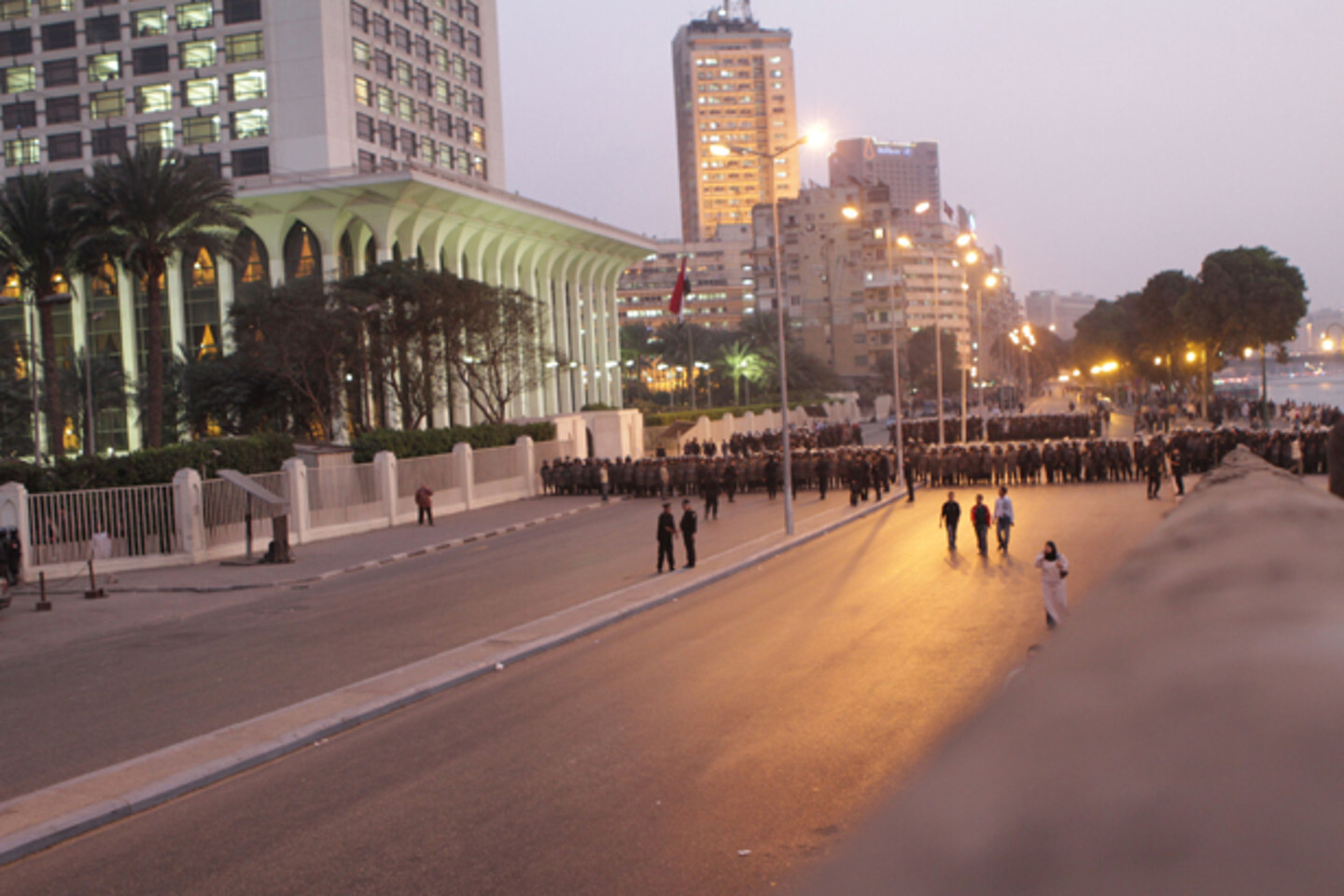November 14, 2012
The conversation takes place in the context of the first New York solo exhibition of works by Hito Steyerl, and of their new books: Bifo’s The Uprising: On Poetry and Finance, published by Semiotext(e), and Steyerl’s The Wretched of the Screen, published by e-flux journal and Sternberg Press.
All social and political movements need some memory of the previous ups and downs of earlier movements in order to keep every new generation from getting stuck anew in post-movement depression.
What is the difference between movements now and those of the 1960s and ’70s? How does one cope with the Kondratieff waves of euphoria and apathy—and how do they (not) feed back into dominant systems? Did ways of coping with post-revolution depression evolve? Did the enemy evolve? What do we make of the very recent attempts of movements to enter into areas underserved or evacuated by the state?
Now, after the crest of optimism and conviction that defined the early stages of movements from the Arab Spring to Occupy, are we to understand post-movement exhaustion as the end? Or does the feeling of defeat open a productive stage of self-questioning as the beginning of a much longer and more complex struggle?
Hito Steyerl’s exhibition is on view at e-flux, Tuesday–Saturday 12–6pm, until December 21, 2012. More here.
Franco “Bifo” Berardi is an Italian political philosopher currently studying the conditions of cognitive labor in post-industrial economies. He has authored more than 20 books covering topics from Felix Guattari to cyberpunk to media politics. In the 1970s, he was an important protagonist of Italy’s social protest movement and was involved in such media activism as the creation of Radio Alice, an independent pirate radio station, and the publishing of Atraverso, a political magazine. He teaches at the Accademia di Belle Arti in Milan.
Hito Steyerl is a filmmaker and writer. She teaches New Media Art at University of the Arts in Berlin. Steyerl studied film at the Academy of Visual Arts in Tokyo, the University of Television and Film in Munich, and holds a Ph.D in philosophy from the Academy of Fine Arts, Vienna. The most formative parts of her education, however, include working as a stunt-girl and bouncer. Steyerl’s work focuses on the intersection of media technology, political violence, and desire by using humor, charm, and reduced gravity as political means of expression. Her sources range from appropriated low-fi clips and sounds to mostly misquoted philosophical fittings. These elements are condensed in rambling essayistic speculation in both text and imagery. Through her oversensitivity to analogies, Steyerl both collects and creates stories describing realities that are stranger than fiction and reflected upon in galloping thought experiments. Her work has been exhibited in numerous solo and group exhibitions including Documenta 12, 2007; Taipei Biennial, 2010; and the 7th Shanghai Biennial, 2008. Her written essays have proliferated more on- than offline in journals such as e-flux and eipcp.


